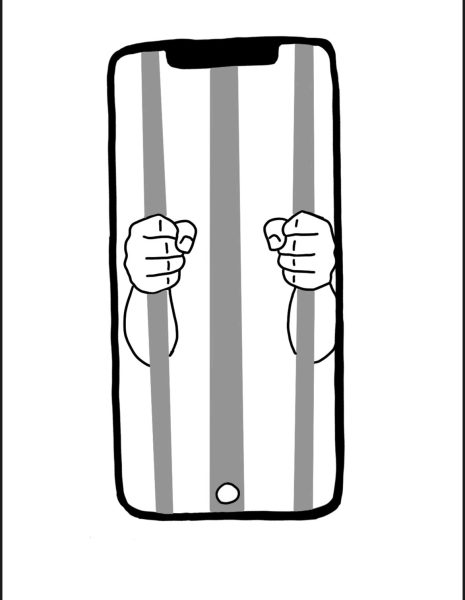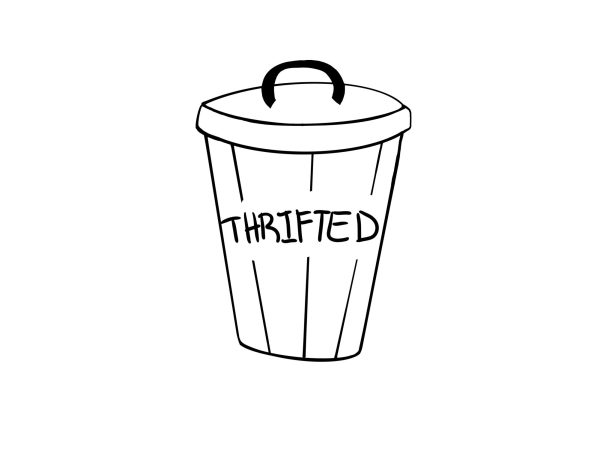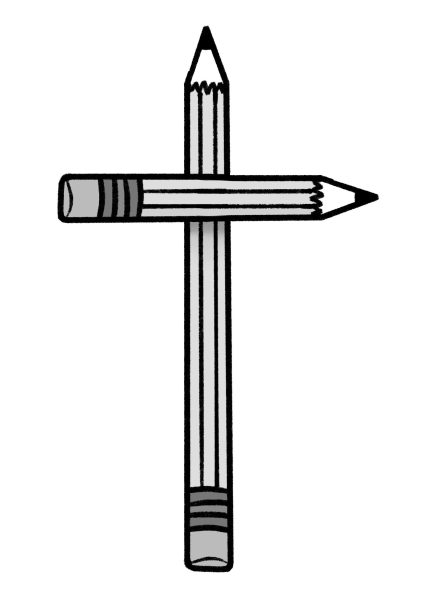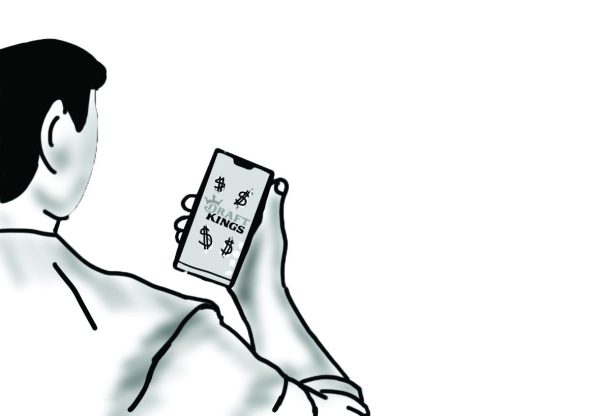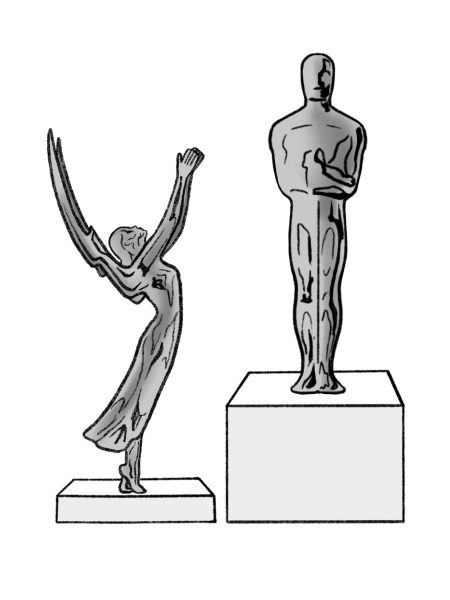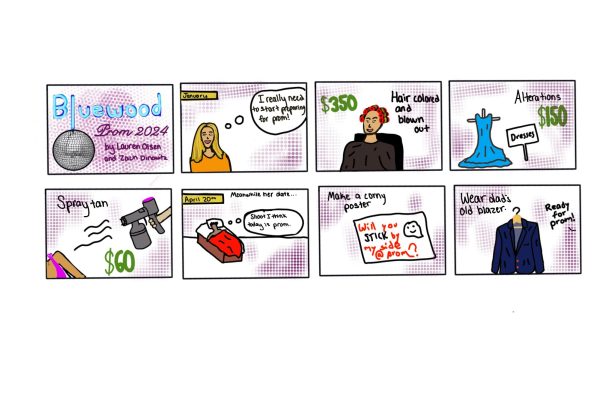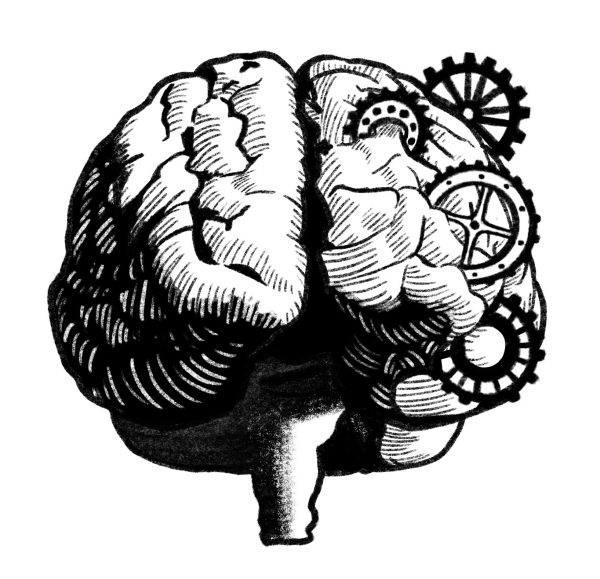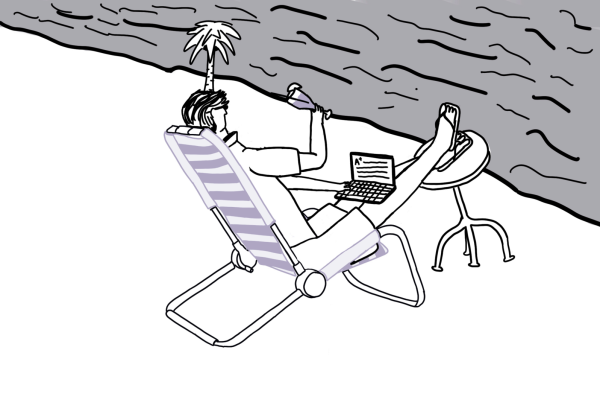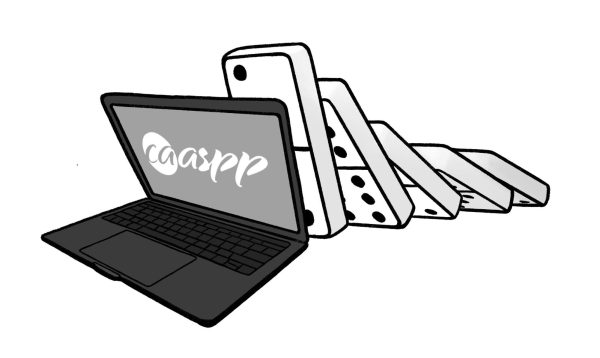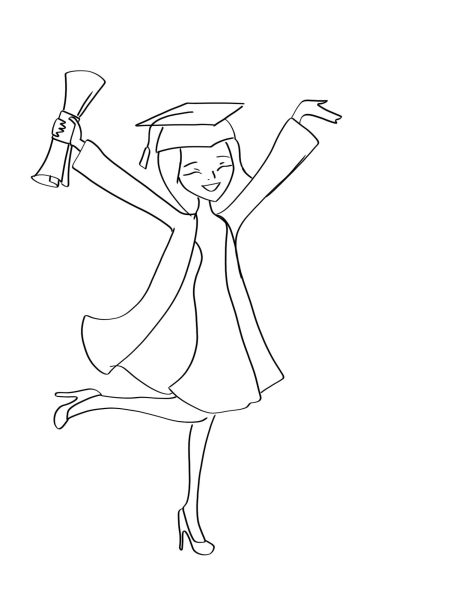Period shaming cramps students’ confidence
May 3, 2021
Once a month, it knocks at your door. The instant feeling of dread comes rushing when you see it once again. At times, it makes you feel ashamed of your own body. It lingers in your subconscious mind, reminding you of your gender identity. This is the relationship between a teenager and their period.

More than half of the human population menstruates, yet women around the world feel embarrassed to talk about their reproductive health. A 2017 poll by Thinx, a tampon brand, found that 58 percent of women have felt embarrassment or shame from being on their period. During recent years the terms “period shame” and “period taboo” have started making international headlines. According to the United Nations, period shaming takes many different forms and is the result of an absence in menstrual health education.
Our society indirectly shames girls for menstruating by associating periods with negative phrases like “shark-week” and “code-red.” The menstruation app Clue and the International Women’s Health Coalition discovered over 5,000 different slang terms and euphemisms for the word period, the majority of which have a negative connotation. Other forms of period shaming include the negative representation of periods in the entertainment industry, inaccessibility to tampons and pads in schools, and perpetuating the idea that menstruation is dirty or unclean.
Period shaming impacts women and teenagers across the world. Another report by Thinx found that 71 percent of women have felt embarrassed by their period and hidden a pad or tampon from view on their way to the bathroom. I remember walking to class last year and a friend pulled me over and asked if I had a tampon. When I began taking the tampon out of my backpack she told me to stop, letting me know I needed to be more discreet and hide the tampon in my jacket to give it to her in the bathroom. Period shaming has gone so far that we’re scared to take a tampon out in public or purchase pads at a drugstore.
Many scientists, educators and health professionals have identified the need to better educate teenagers about menstrual health in order to limit the fears of having a period or being period-shamed. As many instances of period shaming stem from misinformation or plain ignorance, increased education around these issues is the most effective approach to putting an end to period taboos. In May 2019, Duke University and UNICEF joined forces to support six social enterprises tackling issues related to menstrual health and hygiene. Duke University invited the organizations to speak to their students about period equity and to increase awareness around menstrual health. However, it is critical that this education starts at a younger age. Having organizations like WASH United, Period.org, and Freedom4Girls speak to Redwood students can help decrease our communities’ stigma about periods and period shaming.
While the social issues course at Redwood is supposed to cover menstruation, I noticed during my class that it was discussed very minimally, only addressing the anatomical terms of the female reproductive system and what causes menstruation. Social issues classes should aim to provide students with more information about menstruation including how to use tampons and pads, the impact of periods on transgender and nonbinary students, how periods change over the course of a person’s life, how to choose sustainable period products and the importance of talking about menstruation with peers.
Students learn how to properly use condoms in social issues classes despite only 39 percent of students having engaged in intercourse, according to a 2019 Bark survey. Yet, students are not taught how to insert tampons or use feminine hygiene products when more than half of the student body menstruates. What if Redwood students could be certified in using tampons as they are in using condoms? Perhaps, this kind of hands-on education could reduce the embarrassment and fear that is associated with using tampons and feminine hygiene products.
When not addressed, period shame can lead to gender discrimination, violence, depression, suicide and untreated health problems, which is why it’s crucial to confront period shaming in our society. According to a study in the Guardian, 1 in 5 girls have been bullied about their period. Although period shame may stem from a larger societal issue of improper representation in the media, it is ultimately up to Redwood and other high schools to break down misconceptions about periods and provide adequate menstrual health education to students.








